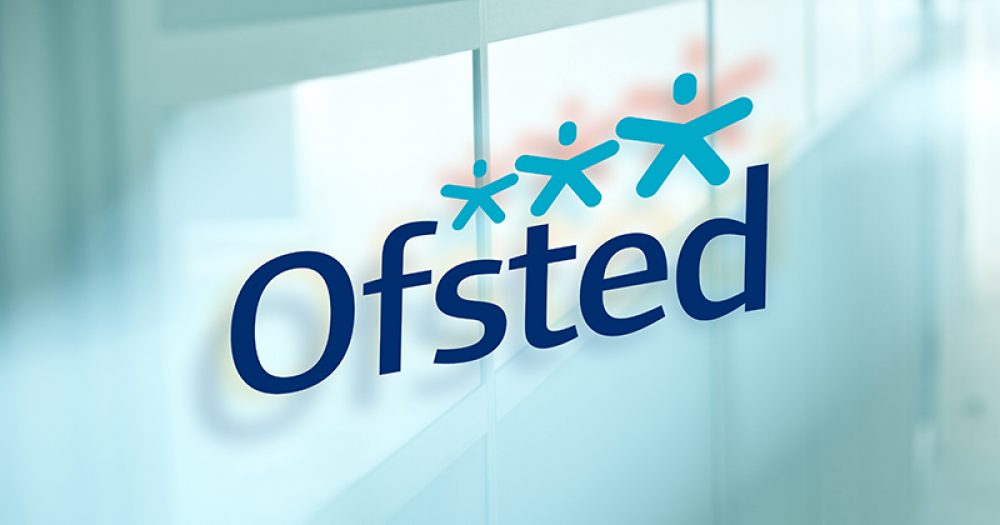A film and media training provider has accused Ofsted of lacking the expertise to judge its apprenticeship provision after the company failed to overturn an ‘inadequate’ report.
The watchdog republished a grade four judgement for All Spring Media Ltd (ASM) this week after accidentally releasing the report temporarily in July amid a formal challenge from the provider.
Ofsted did not uphold the complaint and the provider faces being banned from delivering apprenticeships, in line with government funding rules.
ASM offers a range of standards-based film and media apprenticeships from levels 2 to 7 to more than 40 different employers across the country, including the BBC, Channel 4, ScreenSkills and Global Radio.
The inspectorate’s main criticism was that “most” apprentices do not benefit from training that is “planned carefully and sequenced around their different job roles so that they can develop the skills, knowledge and behaviours they need and apply them at work quickly”.
Ofsted’s report said many broadcast production assistant and junior content producer apprentices work in environments that “do not relate fully to the training they receive”. They feel “rightly frustrated that they take part in training sessions that pay little regard to what they are working on in their jobs in television studios or broadcasting”.
ASM’s managing director Martina Porter said Ofsted’s three-person inspection team had “no real understanding of our sector”, which is a predominantly freelance industry.
“Our apprentices are on contracts, so they fulfil the requirement of an apprenticeship but they often move around different productions. You have to take a slightly different approach to the training.”
Porter added: “In response to the industry needs, we adapted to a different model of delivery, which meant a lot of that training was upfront, which fits in with the flexi-job apprenticeship approach. So we had a very intense period from I’d say about February to June of upfront training for a number of different employers.”
Ofsted criticised ASM for rapidly recruiting apprentices while failing to recruit enough staff to train them.
The provider gained a direct funding contract for the first time in 2017 and was previously found to be making ‘reasonable progress’ in an early monitoring visit report in 2019.
But since then, ASM’s apprentice numbers have ballooned from 43 to 167. The provider also moved into the delivery of higher- and degree-level apprenticeships between Ofsted visits.
Inspectors claimed that leaders, managers and advisory board members have “not ensured that they have the necessary staffing capacity and expertise in place to cope with the recent growth in the number of apprentices they have recruited”.
“Leaders acknowledge that the increase in apprentice numbers, compounded by some staffing issues, has impacted negatively on their ability to keep up with functions such as quality assurance,” the report said.
“As a result, leaders and managers are not aware that the quality of the training they provide has declined and they have not got an accurate understanding of the strengths and weaknesses of their provision.”
While leaders have a “clear rationale” for their creative media apprenticeships, which provide a paid way for young and diverse talent to enter the film and media industries, they “do not have such a well-considered rationale for other apprenticeships they have recently introduced in response to employer demand”, such as assistant accountant and business administrator, the report added.
“Leaders struggled to recruit suitable and experienced staff and they acknowledge that curriculum planning and sequencing in these areas are not effective enough to provide high-quality teaching to apprentices,” Ofsted said.
Porter told FE Week that ASM grew in response to a “massive skills challenge” in the industry after the British Film Institute warned earlier this year that the sector has a deficit of 21,000 crew coming down the line in the next 18 months.
“So there was a very rapid rise [in our apprentice recruitment] and apprenticeship funding comes in retrospectively, so there always will be a challenge,” Porter said.
Porter said her training company will continue to deliver other forms of training to the industry if it is removed from the register of apprenticeship training providers, which is usually the case when private providers received a grade four from Ofsted.









Your thoughts